
Certificates Of Sustainable Coffee Development are created and developed to support the long-term growth of the coffee business, benefiting every person involved in the supply chain and adding genuine value. Coffee lovers commit their time and effort to assembling this collection.
Certificates Of Sustainable Coffee Development – FAIR TRADE CERTIFIED
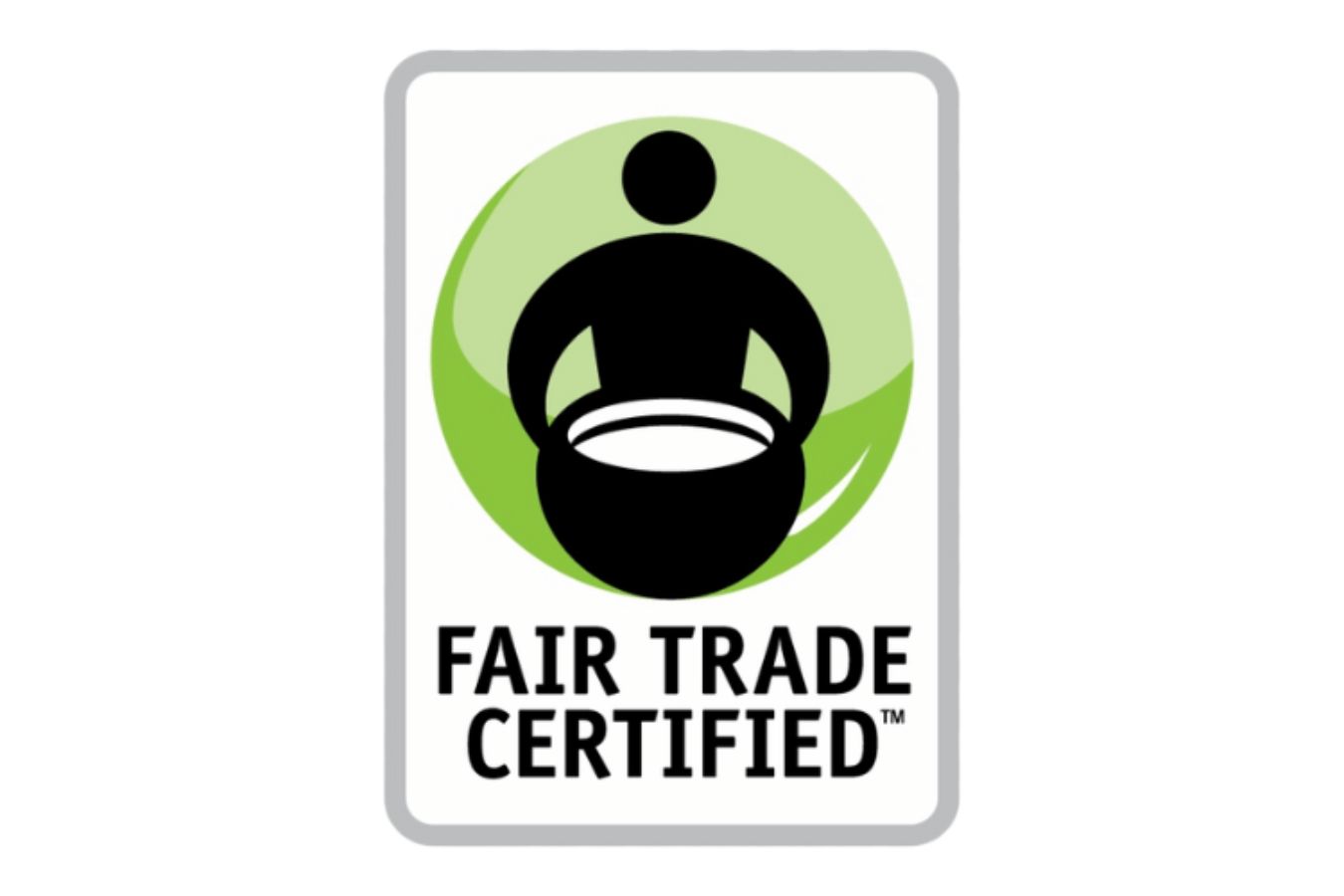
European coffee marketIn the United States, there are three main certifications for products that meet similar trade conditions: Fair Trade USA, Fairtrade America, and IMO Fair of Life. The certifications aim to build a just economy, support a better life for farmer families through market supply, develop sustainable, equitable trade relationships, and raise consumer awareness.
Coffee purchased from Fair Trade accredited cooperatives will cost the same or higher than the minimum price set by Fair Trade International. Fair Trade Certified was developed, helping to promote the economic, social, and democratic implications of the production and consumption of coffee.
Communication efforts are actively made for consumers to recognize and recognize this certification. Fair Trade certification is conducted annually.
Certificates Of Sustainable Coffee Development – USDA Organic
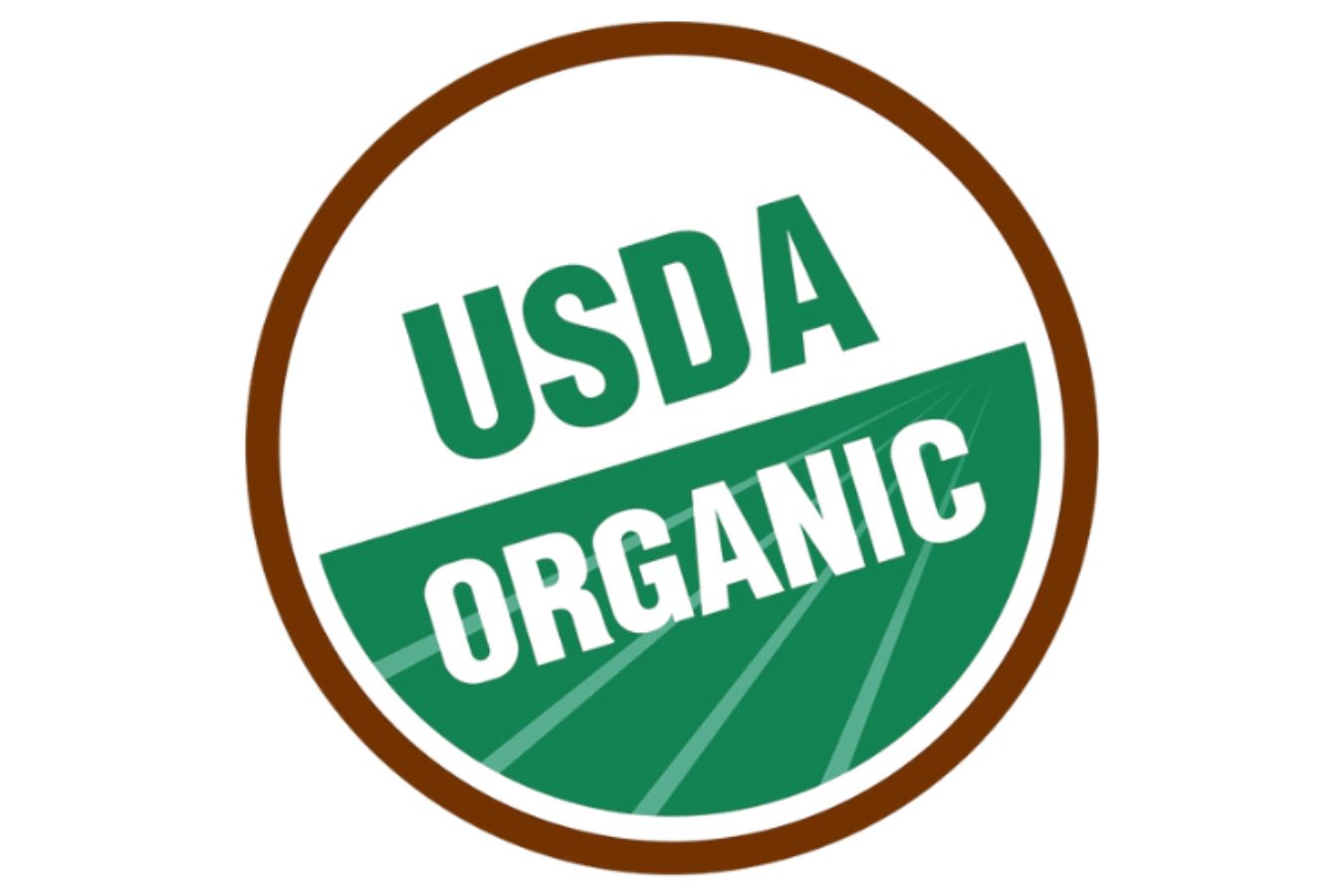
Coffee supply chain organic is the most closely controlled and monitored food system in the United States. USDA organic certification has been launched to create a proven sustainable agricultural method, produce food in harmony with nature, support biodiversity and promote the health of land resources.
Coffee sold as certified organic in the United States must be made according to the standards established by the USDA National Organic Program. The requirements of the organic seal include eliminating the use of banned substances on soil sources for at least three years. Prohibited imports include synthetic pesticides, herbicides, and fertilizers.
Small inorganic components used in processing must be on the list of approved substances, known as the National List. Manufacturers and buyers will incur annual fees for inspection and certification. Environment, farms, and production standards are the criteria for the survival and development of USDA Organic. This certification is moderated annually, coming from the organization’s experts.
Rainforest Alliance
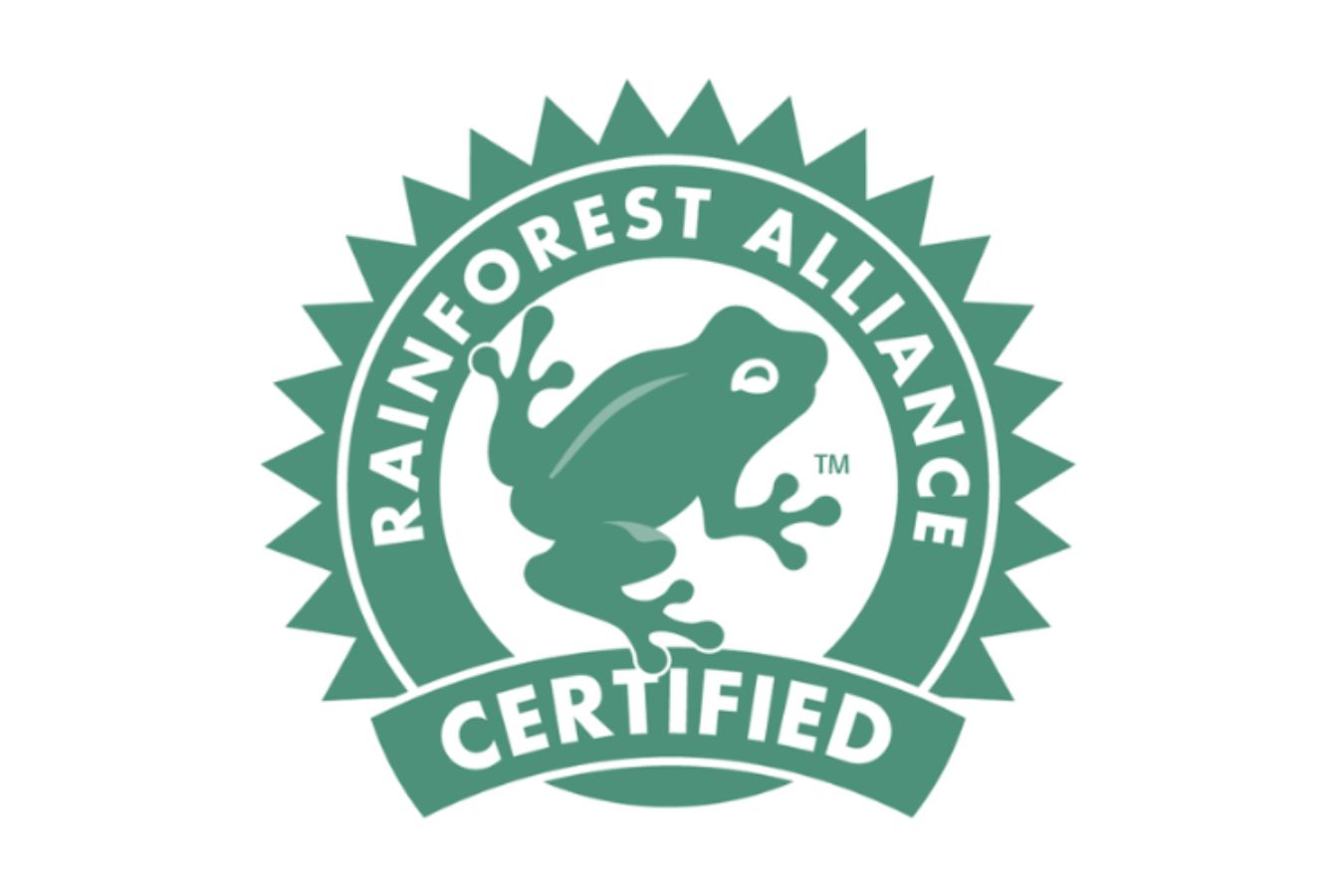
Rainforest Alliance Certification (RFA) indicates a reliable farm that meets sustainability standards related to environmental, social, and economic factors. To be certified, producers must meet the Sustainable Agriculture System (SAN) criteria, an alliance of conservation groups.
San standards are built on sustainable farming principles, including biodiversity conservation, improving people’s livelihoods and well-being, conserving natural resources and farm management systems, and planning effective operations. As long as 30% of a manufacturer’s coffee meets RFA conditions, the householder’s packaging will be used for Rainforest Alliance certification.
Audits are conducted annually by professional auditors, including SAN-authorized, SAN-authorized biologists, and agronomists.Rainforest Alliance certification is developed because of certified coffee market beans’ sustainable values: maintaining biodiversity, community development, labor rights, and farming methods towards comprehensive, sustainable agricultural management.
Smithsonian Bird Friendly
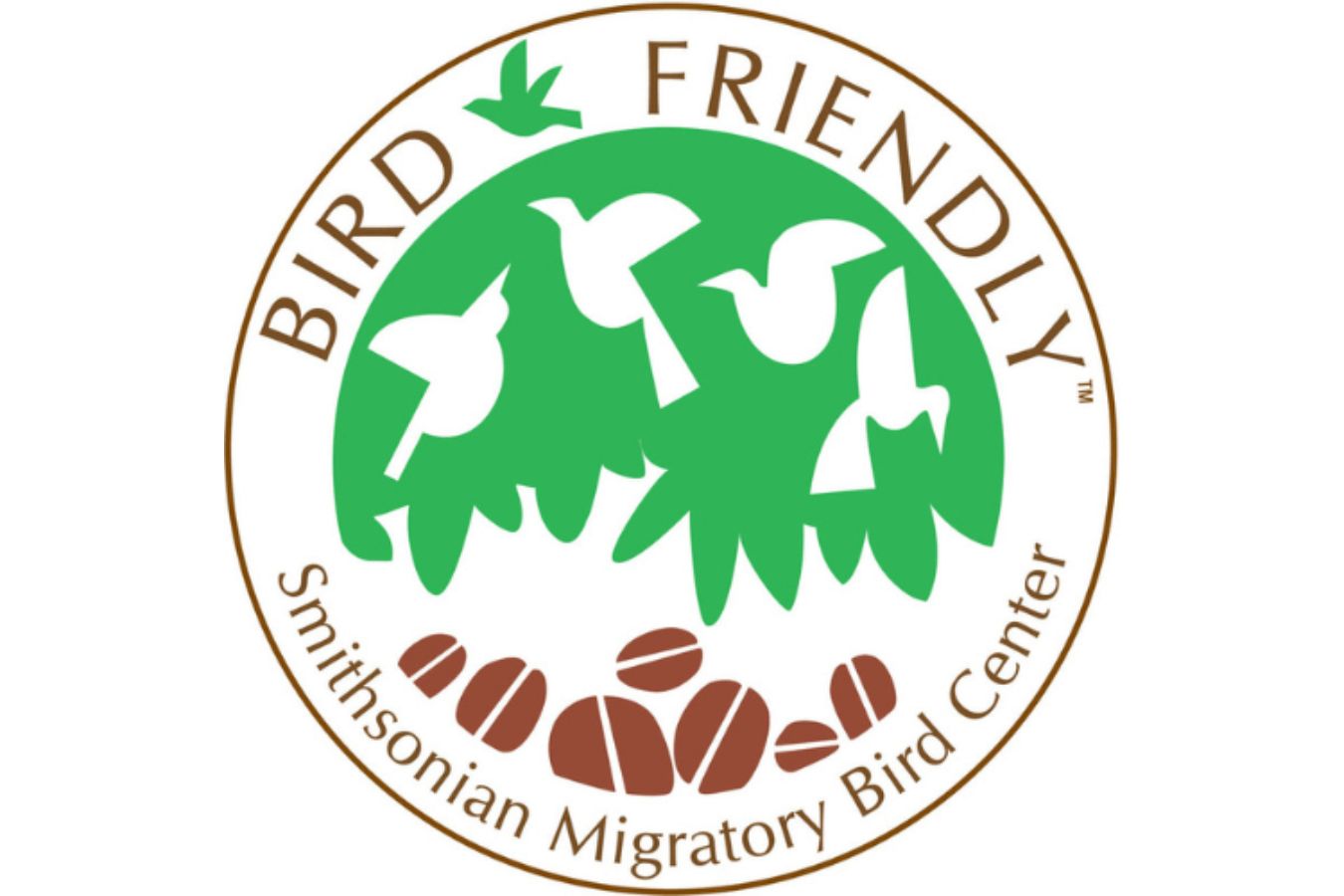
Ecologists developed them at the Smithsonian Migratory Bird Center (SMBC) to maintain tropical agroforestry conditions, creating an environment for migratory birds to live. This certification possesses the highest and most stringent habitat standards of all certificates. Criteria include a canopy at least 12 meters high, which is the habitat of native birds.
The top must also have at least two layers of vegetation, consisting of ten species of trees scattered throughout the production area, providing a minimum of 40 percent shade after pruning. Coffee in the room must also be certified organic. The inspection session takes place every three years in coordination with the organic inspection.
Utz Certified
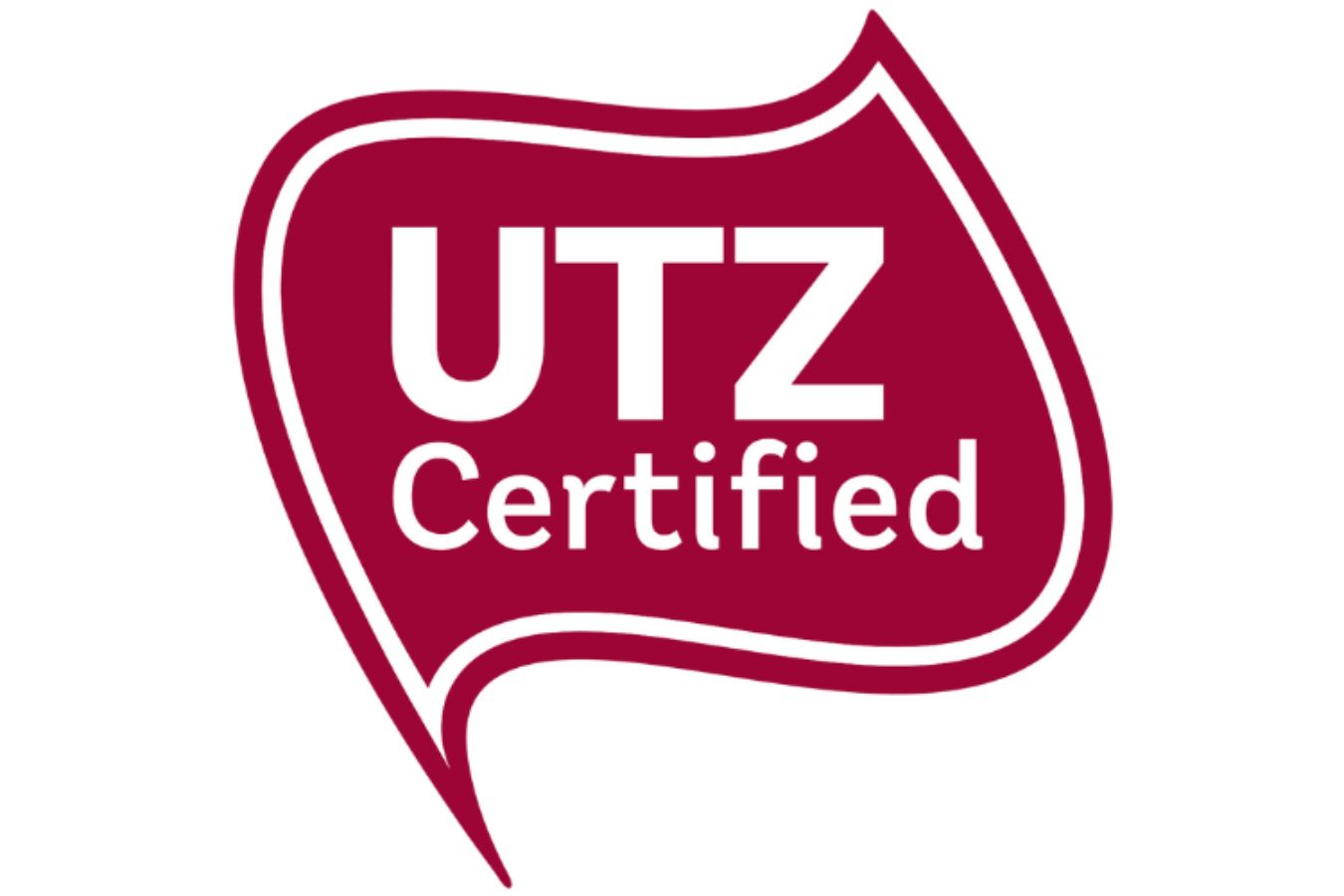
4C Common Code
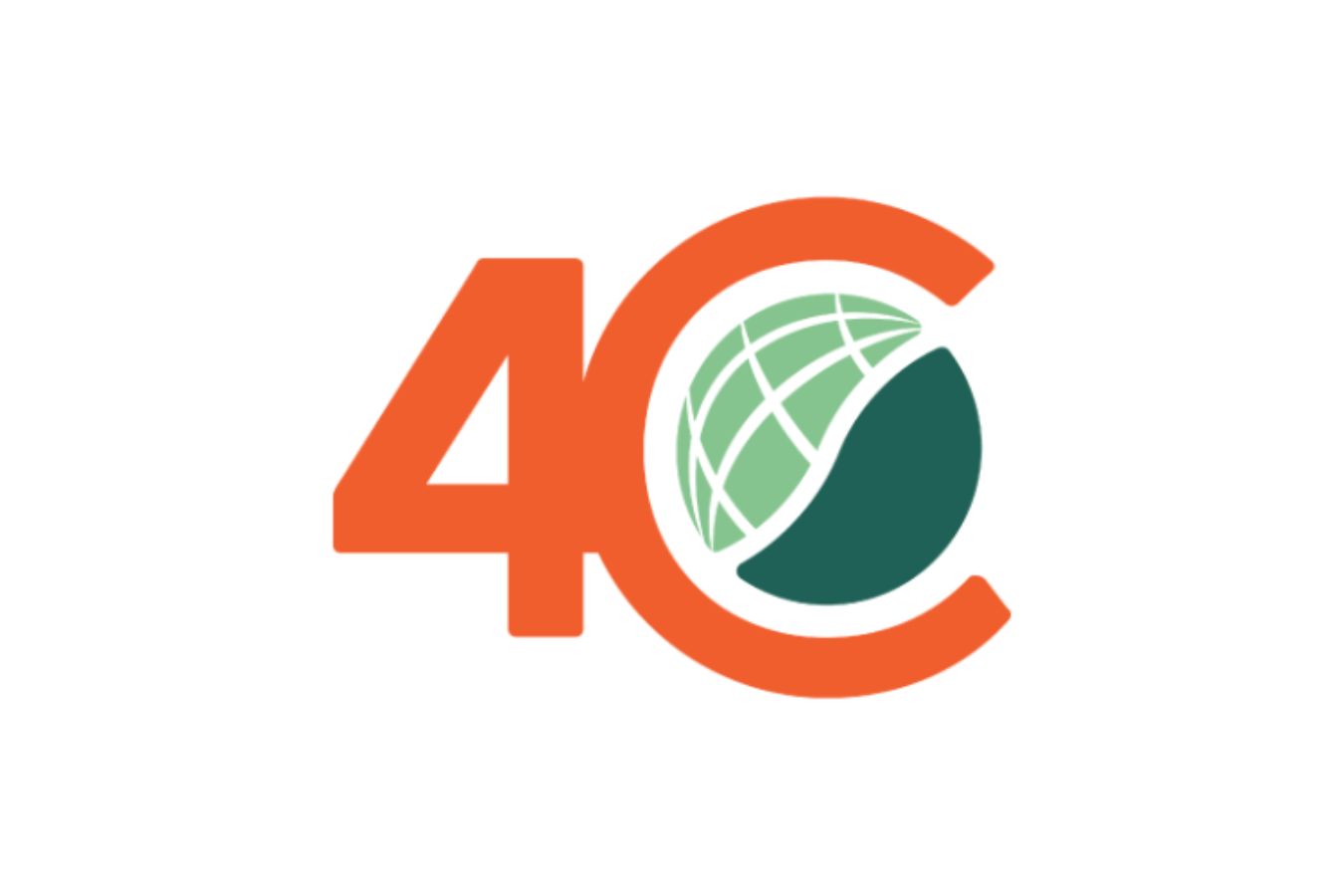
The 4 C Common Code certification was established in 2003 as a public partnership project from the coffee industry and the German Development Cooperation Organization. Its purpose is to promote multilateral dialogue among stakeholders to determine a code of conduct for sustainable development, including economic, social, and environmental development.
At the end of 2009, 4C announced 2009 growth with more than 150% sales. An impressive number in the business of the industry. The label is designed to provide operators in the certified coffees marketing chain with a sustainable livelihood, based on the social, environmental, and economic aspects, with the following concepts:
“Coffee production can only be sustainable when it provides complete living conditions and favorable working conditions for farmers as well as their families. Environmental protection, such as primary forests and the conservation of natural resources such as water resources, land resources, biodiversity, and energy are essential components of sustainable coffee-certified production and post-harvest processing.The ability of the economy to grow is the foundation for social and environmental sustainability.”